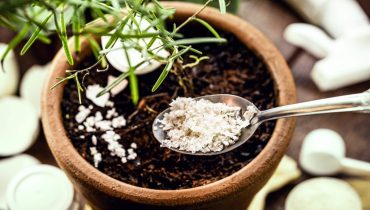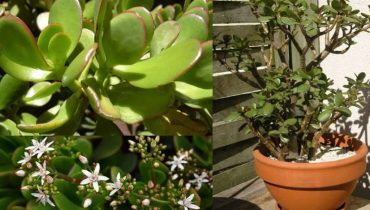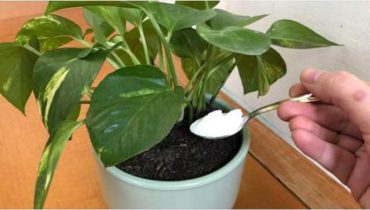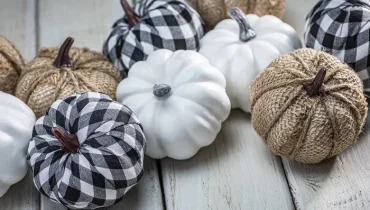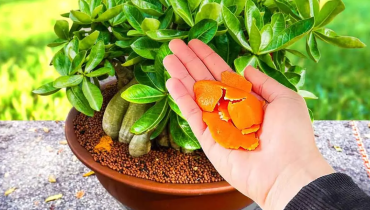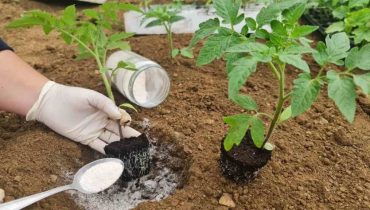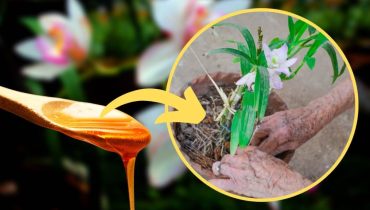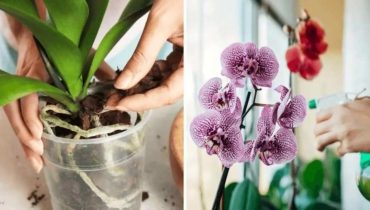Did you know that a spoonful of this ingredient is all you need for lush orchids all year round? Here’s what you need to put in it to make your plants grow beautifully!
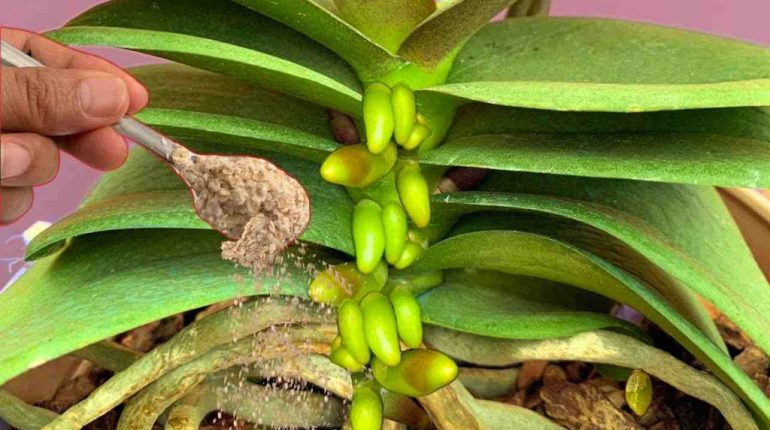
Posted October 20, 2023 by: Admin
If you enjoy cultivating orchids and want to have lush plants all year round, you need to use an ingredient that will make them grow extraordinarily. You should use a spoonful of it, and that will be enough to ensure incredible growth and year-round flowering. We are talking about oats, but let’s find out how to make a powerful fertilizer with this ingredient!
Light and ambient humidity for orchids
The lush growth of orchids also depends on certain aspects that need to be considered during their cultivation. For example, they need light, so it is essential that the exposure environment is very bright.
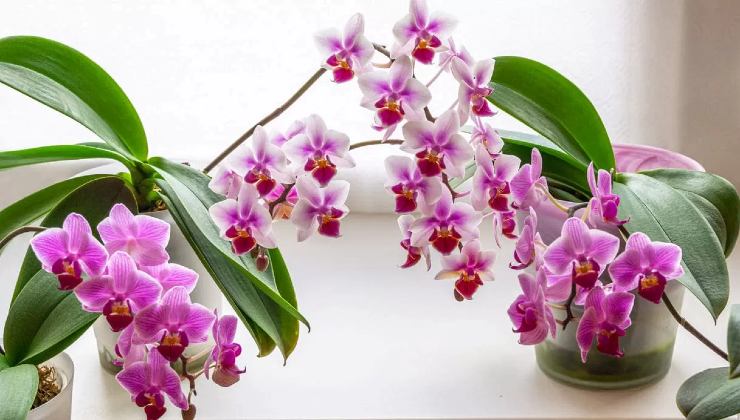
Indeed, very low light quickly causes the flowers to perish. Therefore, it is essential to avoid exposing orchids to direct sunlight, but instead, keep them preferably on a north-facing windowsill or with a curtain capable of filtering the sun’s rays.
In the summer season, the ideal place to display them is on the balcony or in the garden, provided that you place them in a cool or shaded spot. The chosen spot should also be humid because naturally, orchids are accustomed to living in environments where it rains several times a day.
To ensure they have the right humidity, it is advisable to place them on a large saucer immersed in water and to spray the foliage every day.
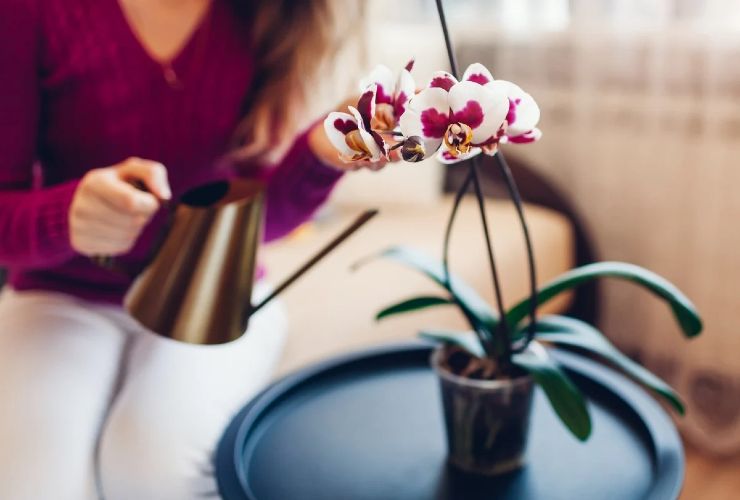
How to water orchids
The best method for watering orchids is to touch the substrate with your hands every 3 to 5 days: if it’s dry, it’s the right time to water.
The best time to water orchids is in the morning. After a generous watering, wait 15 minutes to drain the saucer and remove any water that hasn’t been absorbed.
You can also determine when to water your plants by looking at the color of the roots emerging on the surface. If the color is silvery-gray, it means they need water, while you don’t need to water them if they are turgid and green.
How to make fertilizer
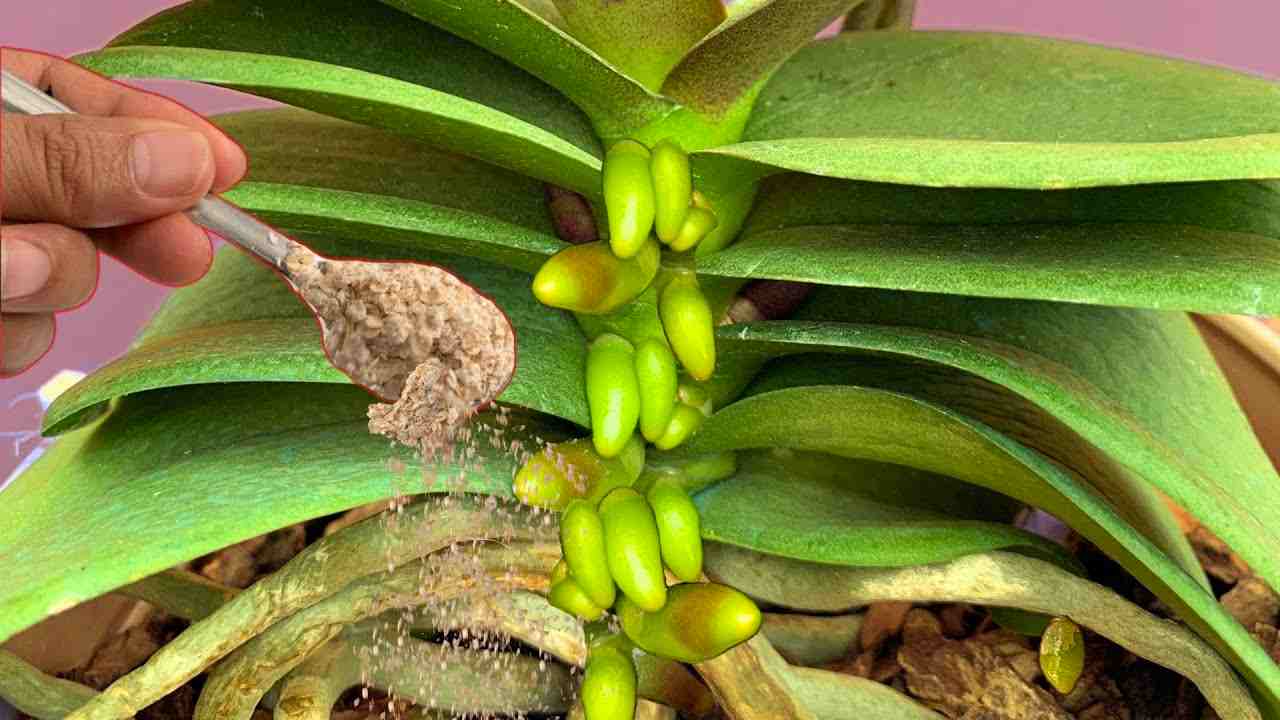
For orchids that bloom year-round, use a natural fertilizer. Oats are a perfect ingredient; here’s how to prepare this incredible fertilizer:
- Take 1 tablespoon of oat flakes;
- Heat 300 grams of water;
- Place the oat flakes in the water and let the mixture sit for one night.
After the time has passed, put the mixture in a blender and blend until you get a whitish solution, then strain it with a sieve. After removing the oat residue, add more water to the solution, keeping a 1:2 ratio in mind. At this point, pour some fertilizer into a spray bottle, and you can start watering your orchids with this natural product.
Watering orchids with oat-based fertilizer
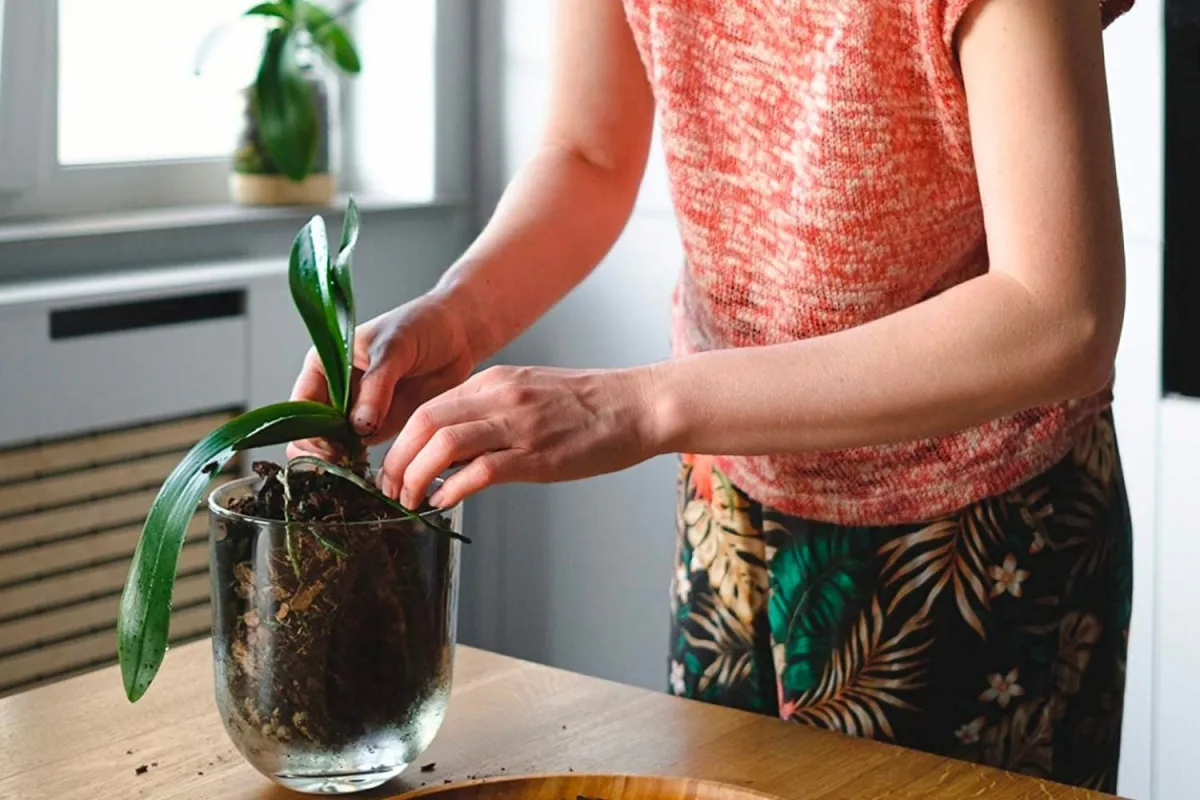
To water orchids with this excellent oat-based fertilizer, you should spray it on the leaves, both on the upper and lower parts, and on the soil carefully so that they absorb all the nutrients. However, avoid spraying the fertilizer on the flowers, as wet flowers can quickly rot.
Spray the fertilizer on the roots to branch them and achieve more abundant flowering. For better results, spray the fertilizer on the plants when you need to water them, such as when you place them in a saucer filled with water.
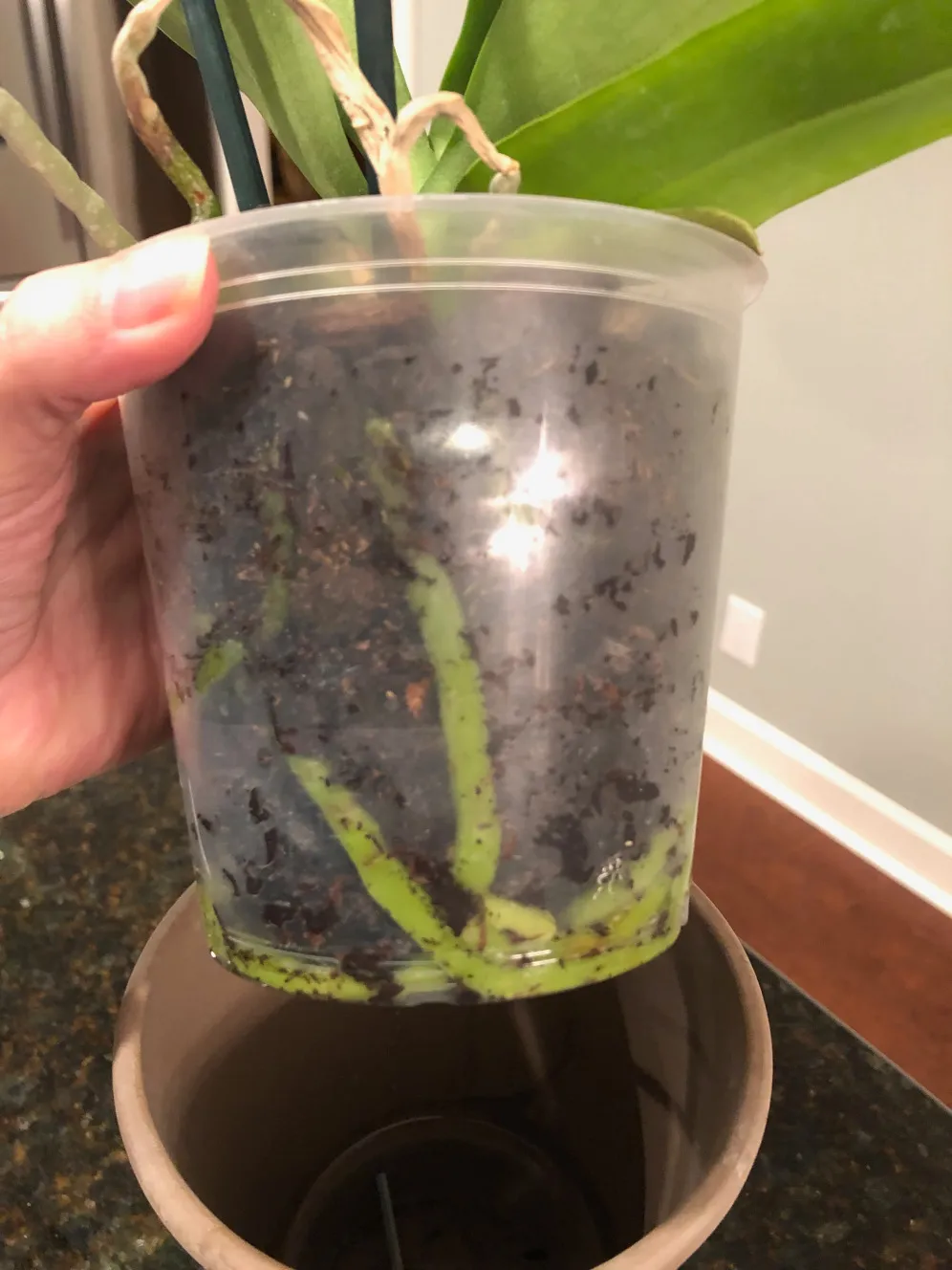
Once you are finished, let the fertilizer act for a while, then remove the plants from the saucer, and any excess water will remain at the bottom. You can also directly add a spoonful of fertilizer to the plants and let them absorb all the nutrients from the oats, which contain proteins, unsaturated fats, fibers, and complex carbohydrates.
Furthermore, the starch in oats promotes the development of beneficial root microflora. To achieve lush plants, fertilize every 2 weeks, and you will have beautiful orchids all year round!


